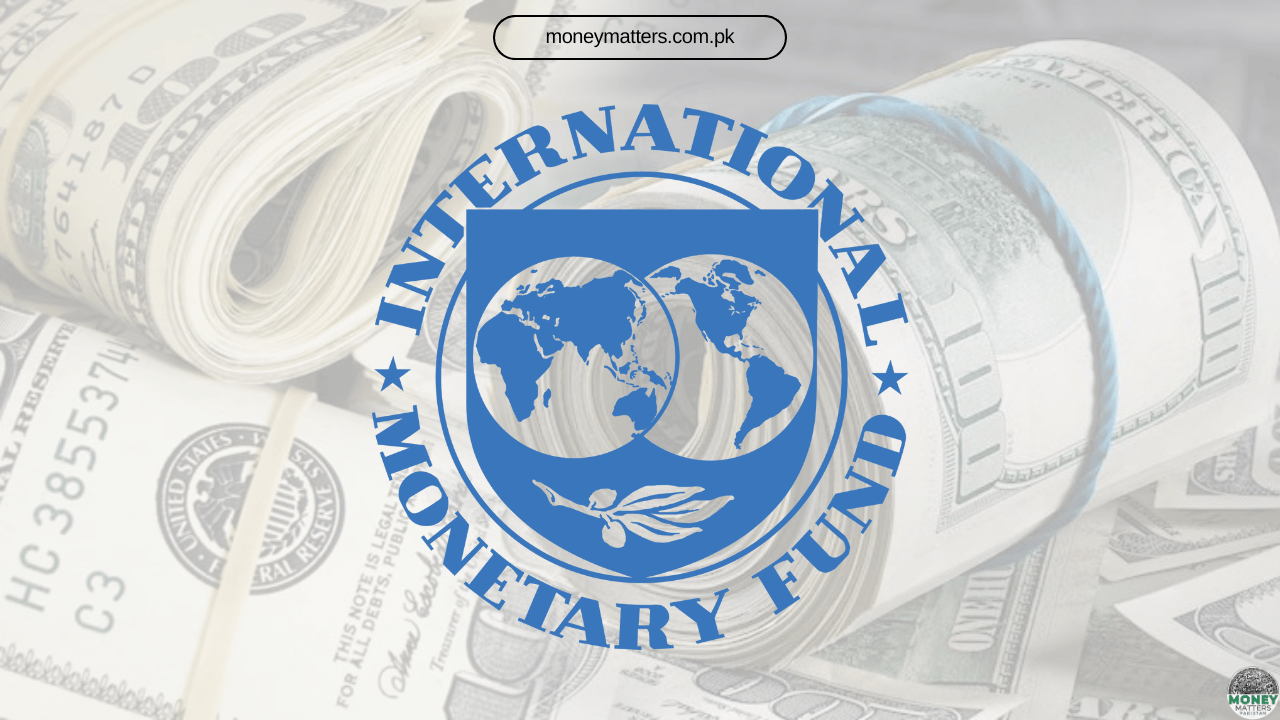Key Takeaways:
– The IMF agreement brings financial support but at a cost to future generations.
– Pakistan faces significant challenges in rescheduling foreign debt payments.
– Political and social instability pose risks to economic recovery and reform implementation.
Farhat Ali, former President of the Overseas Investors Chamber of Commerce and Industry, has shed light on the implications of Pakistan’s new agreement with the International Monetary Fund (IMF). The 37-month Extended Fund Facility (EFF) Arrangement, valued at $7 billion, was agreed upon on July 12 and awaits IMF Executive Board approval.
Many view the agreement as a significant achievement, yet Ali emphasizes the pressing question: “At what cost and of what benefit is it to the people of Pakistan?” He highlights the harsh reality that while the loan provides temporary relief, it will be repaid by future generations.
Pakistan’s foreign debt stands at $124.5 billion, equivalent to 42% of its GDP. With faltering export earnings, the country will need to negotiate with various stakeholders to reschedule these debts. Ali notes that Pakistan might seek concessions from China, particularly given their involvement through the Belt and Road Initiative.
According to the State Bank of Pakistan, the nation’s external debt servicing burden for the next year is nearly $29 billion, almost 45% of expected dollar income from exports and remittances. The additional $7 billion IMF loan will further strain Pakistan’s finances, reducing funds available for essential public services and investments.
Fitch Ratings echoed these concerns, highlighting Pakistan’s political turmoil and its impact on economic recovery. The agency termed Pakistan’s FY25 budget draft an “ambitious” plan, projecting missed targets in economic growth, tax collections, and other areas due to the politically weak government.
International credit rating agencies have weighed in on the agreement. Moody’s recently reported that the IMF programme could catalyze funding from other partners to meet Pakistan’s external financing needs. However, Moody’s warned that sustaining reform implementation is crucial for unlocking continued financing and easing government liquidity risks. The agency also cautioned that higher taxes and energy tariff adjustments could exacerbate social tensions, hindering reform efforts.
Fitch Ratings echoed these concerns, highlighting Pakistan’s political turmoil and its impact on economic recovery. The agency termed Pakistan’s FY25 budget draft an “ambitious” plan, projecting missed targets in economic growth, tax collections, and other areas due to the politically weak government.
Ali points out that the IMF conditions necessitate far-reaching reforms, focusing on broadening the tax base, removing exemptions, and adjusting energy tariffs. These measures aim to restore the viability of the energy sector and improve state-owned enterprises’ management, among other reforms.
Also read: New IMF Agreement Offers Hope for Pakistan’s Financial Stability, but Challenges Remain
The power sector remains a significant concern for Pakistan’s fiscal sustainability. Ali cites Federal Minister for Energy Awais Leghari, who mentioned that the government is not in a position to unilaterally act against Independent Power Producers (IPPs) regarding power purchase agreements, which heavily burden taxpayers.
Taxation issues also require urgent attention. Prime Minister Shehbaz Sharif recently expressed his displeasure with hidden issues within the Federal Board of Revenue (FBR) and directed immediate transparency. Ali notes that effective digitization and automation at the FBR are crucial for enhancing tax base and recovery.
In conclusion, Ali stresses that the IMF’s presence is set to continue, with significant work needed to address the country’s deep-seated economic issues. If the government is serious about reform, it must bring the truth to light and engage in meaningful restructuring.




